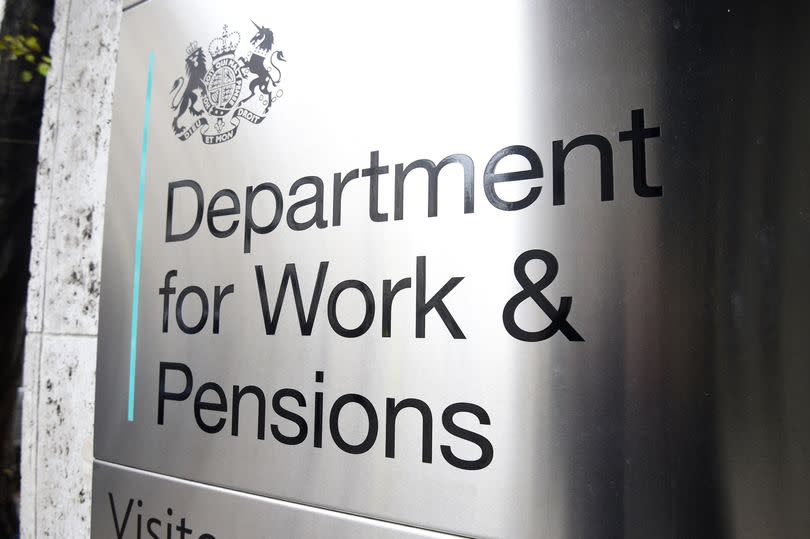DWP disability benefit cuts will affect 450,000

The government plans to cut disability benefits for long-term unemployed people. However, forecasts from the Office for Budget Responsibility (OBR) show that the move will only get a small percentage of people into work.
Figures from the Department for Work and Pensions (DWP) show that over 450,000 people will be affected by 2029. The move will lead to lower benefits or higher work-search conditions for around 457,000 people.
The government claims there is no reason why some people should not be in work given there are currently over 900,000 vacancies across the nation. But OBR forecasts predict the changes will see just 15,400 more people move into paid work.
Read more:
The DWP is set to make changes to the work capability assessment (WCA) next year. The WCA scores applicants based on their ability to perform certain activities, with those who score highest placed in the LCWRA (limited capability for work related activity) group.
Meanwhile, those who score below the highest levels, but still enough to qualify for support, are placed in the LCW (limited capability for work) group. Those who score low receive no disability payments under Universal Credit and are expected to look for work.
The changes proposed by the DWP include mobility problems no longer being enough to qualify for the LCWRA group. This is expected to affect 260,000 people by 2028/29, cutting their benefits and making them undertake work-related activity.
However, the OBR predicts that this move will result in just 8,800 more people finding paid work. The second change is that difficulties getting between two places will score lower in relation to the LCW group.
This will likely impact 33,000 people by 2028/29. They will no longer receive Universal Credit and be subject to intensive work search conditions. The OBR predicts this will lead to 1,500 more people finding work.
Finally, the DWP has proposed that substantial risk regulations only apply in exceptional cases. This change is set to impact 163,000 people with the OBR predicting 5,100 more people will find work by 2028/29.
The reforms mean that some disabled people would receive hundreds of pounds a month less than they are at the moment. The measures will impact those applying for the first time next year and anyone who comes off the benefit but then later reapplies for it.
A DWP spokesperson said: “We are taking the long-term decisions to help everyone who can work to do so, improving lives and growing the economy, while maintaining protections for those who need them.
“Our landmark welfare reforms will cut the number of people due to be put onto the highest tier of incapacity benefits by over 424,000 and instead give them personalised support to help them move closer to employment, while our Chance to Work Guarantee will enable millions of people to try work without fear of losing their benefits.”

 Yahoo News
Yahoo News 
